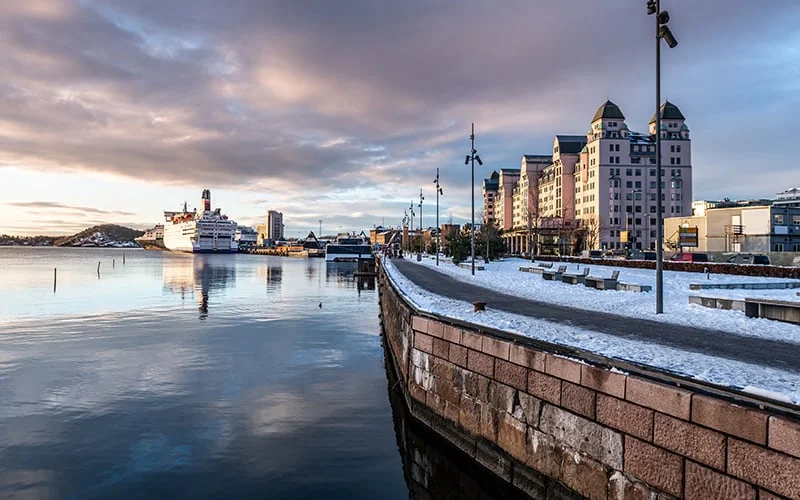Venezuela's closure of its embassy in Oslo following the Nobel Peace Prize award to opposition leader María Corina Machado raises more questions than it answers. On the surface, it appears to be a fit of pique from Nicolás Maduro, punctuated by his charmingly subtle description of Machado as a "demonic witch." But let's dig into the numbers, or rather, the lack of them, to see if there's more to this diplomatic exit than meets the eye.
The timing is undeniably suspect. Machado, a vocal critic of the Chavista regime, receives the Nobel nod, and bam, the Venezuelan embassy in Oslo shuts down. The official reason? Nonexistent. Norway's foreign ministry says they weren't given one. The embassy simply stopped answering the phone. It’s a classic case of diplomatic stonewalling, a tactic often employed when a regime is trying to avoid scrutiny.
But is it just about the Nobel? Maduro's government has been under increasing international pressure for years, particularly after the disputed 2024 election where he conveniently “won” despite widespread protests. Machado, barred from running, has become a symbol of resistance. Awarding her the Nobel is a clear condemnation of Maduro's rule.
Here's where the optics get interesting. Maduro's response, calling Machado a "demonic witch," is not just inflammatory rhetoric; it's a calculated move to rally his base. Demonizing the opposition is a tried-and-true tactic for authoritarian regimes. It creates an "us vs. them" narrative that distracts from internal problems.
Norway, despite its differences with Venezuela, has tried to maintain dialogue. (A point the Norwegian foreign ministry was keen to emphasize in their statement.) But what exactly is that dialogue? Norway has often played the role of mediator in international conflicts. Is it possible that Oslo was attempting to broker some kind of deal between Maduro and the opposition? The embassy closure could signal a breakdown in those negotiations, or perhaps a pre-emptive move to cut off channels that could lead to further pressure on Maduro.

I've looked at hundreds of these "diplomatic incident" reports, and the complete lack of any official explanation is, frankly, bizarre. Usually, there's some kind of face-saving excuse, even if it's patently absurd. The silence from Caracas speaks volumes. Venezuela closes embassy in Oslo after opposition leader awarded Nobel peace prize.
Machado's dedication of the Nobel to the "suffering people of Venezuela" and, notably, to Trump, adds another layer of complexity. It suggests a potential shift in strategy, aligning the opposition more closely with US interests. The mention of Trump is particularly interesting, given his administration's history of sanctions and pressure on Venezuela.
This raises a critical question: Is Machado’s Nobel win, and Venezuela's reaction, a sign of escalating tensions, potentially leading to further international intervention?
It's tempting to see this as a simple case of Maduro throwing a tantrum. But that's too simplistic. The closure of an embassy is a significant diplomatic act, with potential long-term consequences. What are the economic ties between Venezuela and Norway? What role does Norway play in Venezuela's oil industry? These are the data points we don't have, and they could provide a clearer picture of Maduro's motivations.
Growth in Venezuelan oil production has been erratic, to put it mildly. Output was about 700,000 barrels per day—to be more exact, 735,000 barrels per day last month, according to secondary sources. Any disruption to international relations could further destabilize the sector.
Maduro's actions aren't just a knee-jerk reaction; they're a calculated risk. He's betting that isolating Venezuela further will strengthen his grip on power, at least in the short term. The long-term consequences, however, could be devastating for the Venezuelan people. The lack of transparency only fuels speculation and distrust. Ultimately, this diplomatic spat is a symptom of a deeper crisis: a regime clinging to power at any cost, even if it means sacrificing international relations and the well-being of its citizens.